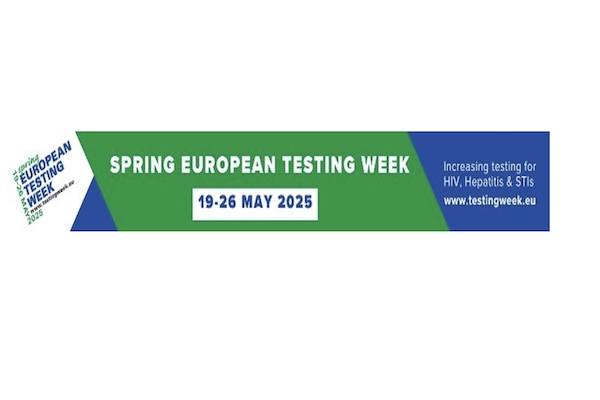 Credit: santesecu.lu
Credit: santesecu.lu
Luxembourg’s Ministry of Health and Social Security has announced that a national awareness campaign, aimed at young people aged fifteen to 25, to inform, raise awareness and encourage responsible sexual behaviour, will take place from Monday 12 May to Sunday 15 June 2025.
In a press release, the ministry reported that as a result of an increase in sexually transmitted infections (STIs) recorded in Europe, prevention and screening campaigns are being rolled out to combat this trend. The awareness campaign in Luxembourg is taking place on the initiative of the National Agency for Youth Information (ANIJ) and in close collaboration with Luxembourg’s Health Directorate.
The ministry added that there are more than 20 sexually transmitted infectious diseases. The best known are syphilis, gonorrhoea, HIV/AIDS, hepatitis B, mycoplasma and chlamydia infections, as well as those caused by the HPV virus (human papillomavirus) and genital herpes.
According to the latest data from the European Centre for Disease Prevention and Control (ECDC), Europe recorded an increase in cases of sexually transmitted infections in 2022. The situation is similar in Luxembourg. As reported in the 2023 Epidemiological Report on Communicable Diseases in Luxembourg, an increase in STI cases was observed compared to the previous year: 606 cases of gonorrhoea (+28%), 122 cases of syphilis (+16%), and 1,635 cases of chlamydia (+6.8%). Only HIV numbers decreased in Luxembourg in 2023, with 53 new cases diagnosed compared to 68 cases in 2022, a decrease of 15%. STIs can be transmitted during sexual intercourse, with or without penetration, through contact with infected bodily fluids. While they are usually treatable, failure to treat them can lead to serious complications and increase their transmission.
To address these increases in infections, the Luxembourg Health Directorate and the ANIJ have announced that they are rolling out a campaign, designed by young people for young people. The Ministry of Health and Social Security added that young people’s active participation was essential throughout the design process, to ensure an authentic approach tailored to their realities and the campaign was developed in close collaboration with specialised partners, including The National Reference Centre for the Promotion of Emotional and Sexual Health (CESAS), Family Planning, SaferSex.lu from 4motion, and HIV Berodung from the Luxembourg Red Cross. It is expected to combine online activities and on-the-ground interventions and will include videos, podcasts, Q&As and other content on social media. Posters and flyers are to be distributed in secondary schools, youth centres and at youth services. On Saturday 24 May 2025, workshops and a targeted event for young people will take place at the Atmos bar in Luxembourg City (32 Rue de la Poste). It will consist of a public performance designed by young people, combining creative performances and discussions around sexual health.
The ministry explained that some sexually transmitted infections cause few or no symptoms. However, they can cause damage to the body, including infertility, irreversible damage to certain organs or a weakened immune system. This is why all sexually active people, especially those with casual or multiple partners who do not consistently use condoms, are encouraged to get tested.
In addition to the campaign, European Testing Week will take place from Monday 19 to Monday 26 May 2025. This campaign will offer free, anonymous and over-the-counter testing at various locations throughout Luxembourg. To view screening dates and locations, visit https://santesecu.public.lu/fr/agenda/2025/mai/semaine-depistage-vih-ist.html
Protective measures to adopt against STIs include:
- using a condom for every sexual act;
- getting tested for STIs and HIV regularly if one has multiple partners, as well as before stopping condom use with a new regular partner;
- notifying partner(s) so that they can also get tested and treated if necessary;
- in Luxembourg, vaccinations against hepatitis B (as part of mandatory newborn vaccinations) and HPV (available from age nine) are offered;
- taking the prescribed treatments by the doctor and following the full course of treatment;
- preventive treatments for HIV are available, e.g. Pre-Exposure








